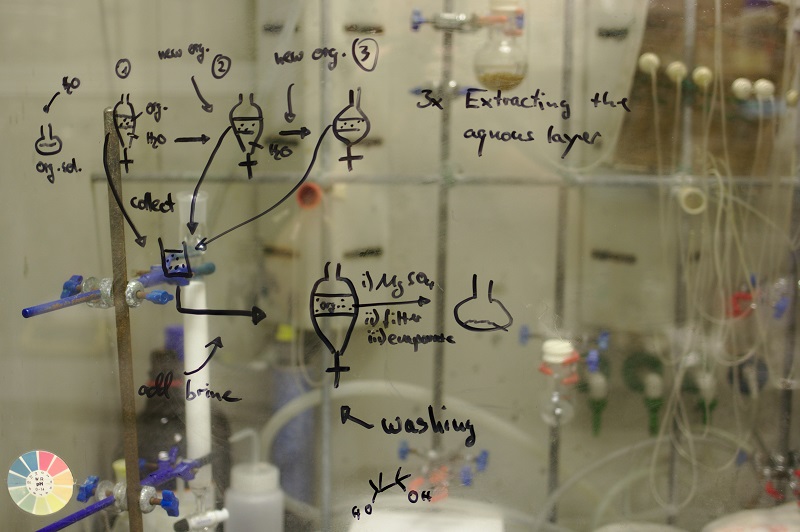Lifeasible, a leading provider of exosome analysis services, today announced the launch of its glycomics analysis of milk exosomes. This new service provides researchers with a powerful tool to gain deeper insights into the complex glycosylation patterns of milk exosome surface proteins.
Exosomes are small extracellular vesicles secreted by cells that play a crucial role in intercellular communication. Milk-derived exosomes, in particular, have gained attention due to their safety, long half-life, low immunogenicity, and high biocompatibility. The glycosylation of milk exosome surface proteins is essential for exosome cargo sorting and targeted transport, making glycomics analysis a critical aspect of exosome research.
Lifeasible’s glycomics analysis service for milk exosomes encompasses two main directions: glycomics and glycoproteomics. Glycomics focuses on the comprehensive analysis of free glycan chains, involving the release of glycan chains, derivatization, mass spectrometry-based detection, and data processing. Glycoproteomics, on the other hand, targets intact glycopeptides/glycoproteins to identify the types and sites of glycosylation.
“Our new glycomics analysis service for milk exosomes provides researchers with a robust platform to decipher the complex glycosylation landscape of milk exosomes,” said Isla, one of the representative speakers at Lifeasible. “By offering both glycomics and glycoproteomics analysis, we enable researchers to gain a more complete understanding of milk exosome glycosylation, which can reveal valuable insights into their biological functions and potential applications.”
Lifeasible’s glycomics analysis service is supported by the company’s advanced exosome platform, which provides a wide range of services related to exosome isolation, identification, characterization, and polyomics analysis. The platform is backed by a team of highly educated experts who work closely with clients to customize solutions for their specific research needs.
“Lifeasible is committed to providing cutting-edge exosome analysis services to support researchers in unlocking the full potential of exosomes,” added Isla. “Our new glycomics analysis service for milk exosomes is a testament to our dedication to advancing the field of exosome research and facilitating breakthrough discoveries.”
For more information about Lifeasible’s glycomics analysis of milk exosomes, please visit https://www.lifeasible.com/platforms/exosomes-platform/.
About Lifeasible
Lifeasible is a leading provider of exosome analysis services, offering a comprehensive portfolio of solutions for exosome isolation, identification, characterization, and polyomics analysis. With a team of highly educated experts and advanced laboratory equipment, Lifeasible provides one-stop solutions for researchers in various industries and fields. The company is committed to advancing exosome research and supporting breakthrough discoveries in diagnostics, therapeutics, and beyond.
As a biotechnology company, Lifeasible is specialized in agricultural science, offering a wide variety of agro-related services and products for environmental and energy solutions.
Our plant breeding and culture services support increasingly stringent safety and quality standards in the agricultural industry. Relying on our revolutionary techniques, various molecular breeding services and molecular diagnostic methods are offered for a wider range of agriculture-related sectors. Meanwhile, extensive analytical solutions reach out to a wider community of researchers in environmental and energy fields. Holding a strong tie between biological innovation and transformation in the ecosystem, Lifeasible now leverages the expertise and strengths of each to create its unique platform that is accessible to all leaders working in agriculture, botany, biology, ecology and environmental science. Having taken on step forward, we also provide lab-to-field solutions that advance the breeding process for farmers and breeders. Diverse analytical tools are available for breeding or quality control purposes in identification and production of plants.




